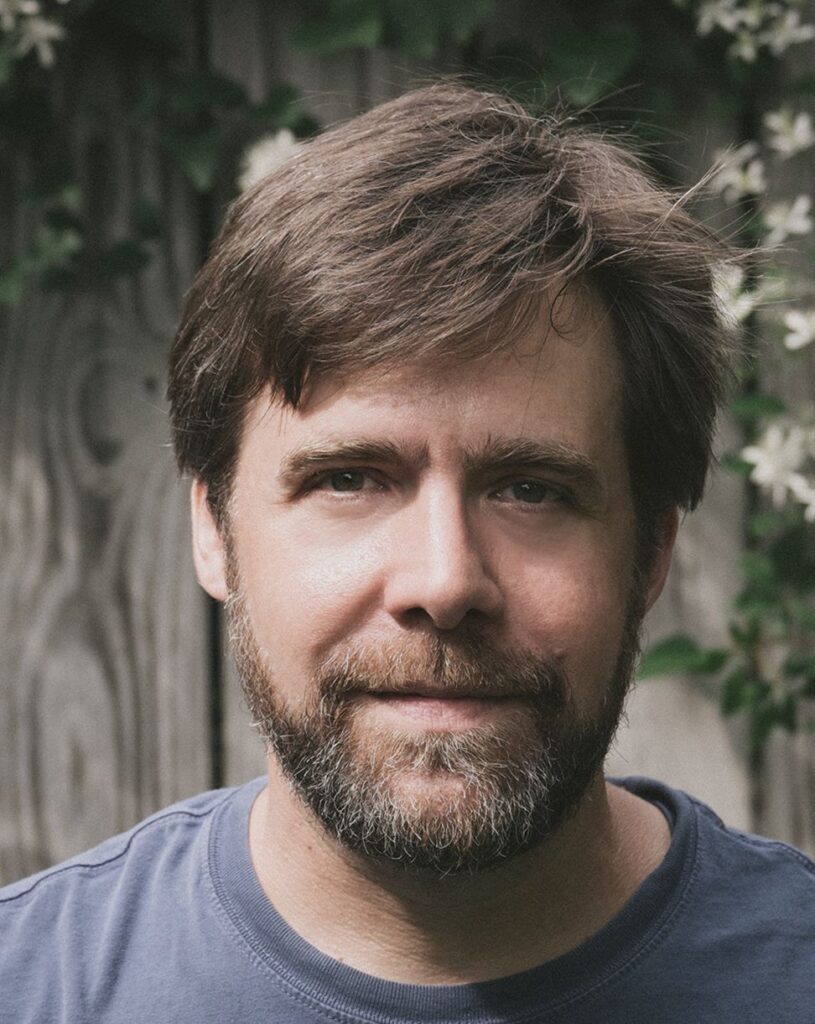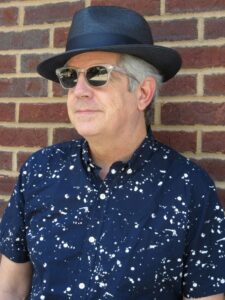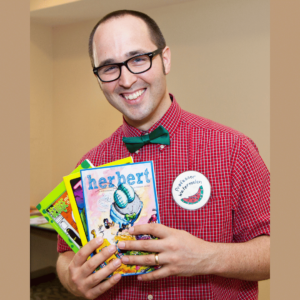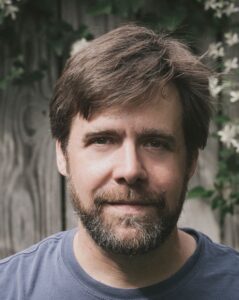 Mark Neely is the author of Beasts of the Hill, and Dirty Bomb, both from Oberlin College Press. His third book, Ticker, won the Idaho Prize for Poetry and was shortlisted for an Indiana Author Award. His other awards include an NEA Poetry Fellowship, an Indiana Individual Artist Grant, the FIELD Poetry Prize, and the Concrete Wolf Chapbook Award for Four of a Kind. His poems have appeared in Gulf Coast, New England Review, Indiana Review, Copper Nickel, Boulevard, and many other journals. He is a professor of English at Ball State University, and a senior editor at River Teeth: a Journal of Nonfiction Narrative.
Mark Neely is the author of Beasts of the Hill, and Dirty Bomb, both from Oberlin College Press. His third book, Ticker, won the Idaho Prize for Poetry and was shortlisted for an Indiana Author Award. His other awards include an NEA Poetry Fellowship, an Indiana Individual Artist Grant, the FIELD Poetry Prize, and the Concrete Wolf Chapbook Award for Four of a Kind. His poems have appeared in Gulf Coast, New England Review, Indiana Review, Copper Nickel, Boulevard, and many other journals. He is a professor of English at Ball State University, and a senior editor at River Teeth: a Journal of Nonfiction Narrative.
Mark will teach the session “The Poet’s Superpower” and participate on the panel “Curiosity and Obsession in Fiction, Poetry, and Nonfiction”
Q&A with Mark Neely
I am grateful for the opportunity to speak with Mark Neely about the value of poetry and how words speak to one another on the page, and to the reader, to create a sort of music. This interview got me thinking, and looking forward to hearing more from him at MWW23!
MWW: The session you’re teaching is about the ways poets can use line breaks (yay, enjambment—one of my favorite words) to bring life and dimension to their poems. How does the form of a poem enhance its content?
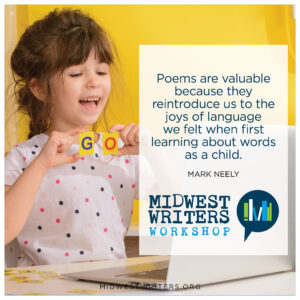 MN: I don’t think the form of a poem can really ever be separated from its content. Often a poem (like this one, or this one to choose two famous examples) is saying as much with the arrangement of the words into lines as it is with the words themselves. For me, poetry is closely related to music, and a reader can no more separate or ignore the form of a poem than they could ignore the instruments or melodies of a song.
MN: I don’t think the form of a poem can really ever be separated from its content. Often a poem (like this one, or this one to choose two famous examples) is saying as much with the arrangement of the words into lines as it is with the words themselves. For me, poetry is closely related to music, and a reader can no more separate or ignore the form of a poem than they could ignore the instruments or melodies of a song.
MWW: In what way has poetry changed since you’ve started writing it—what new forms have arisen? Which ones do you love, and which do you not care as much for?
MN: The most obvious change in the poetry world since I started writing it almost thirty years ago is that there are a much more diverse variety of voices being published today—poets of color, queer poets, disabled poets, writers being brought into English in translated works. When I started writing, poetry was sort of stagnant in the culture because so many peoples/cultures were pretty much locked out of the scene. I think the last decade of has been the most exciting and important time for American poetry since the mid-century, when the Confessional and Beat writers were on the rise.
MWW: Can you talk about the way poems interact with one another—perhaps between poets, but more specifically within a collection. How does the placement of poems enliven the collection as a whole?
MN: It really depends on the collection of poems. In Michael Kleber-Diggs’s book, Wordly Things, which I just read with my class, you learn certain things about the speaker’s identity that help inform some of the struggles (and joys) he experiences in later poems. There are also a series of poems about police violence against Black people, and the anger and grief of those poems builds as the book moves forward. In other books the poems relate in more thematic or linguistic ways. In the books I’ve written I try to arrange the poems so that some thought or question that comes at the end of one poem might be taken up in some way by the next.
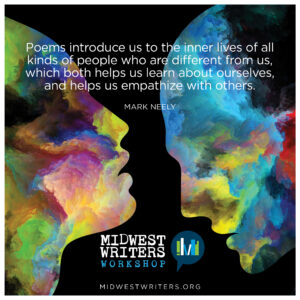 MWW: Your turn! What question do you wish that someone would ask you about writing, but nobody has? Write it out and answer it!
MWW: Your turn! What question do you wish that someone would ask you about writing, but nobody has? Write it out and answer it!
MN: What is the value of reading and writing poetry?
First I will say that one of the things I love about poetry is that it’s value has to be measured quite differently than most things in a capitalist society, where everything from education to exercise is usually measured by what kind of financial return it might provide. Because there are only a very small handful of poets who can make anything like a living with their writing, the people who write and publish poetry are able to take risks that other artists might not. For example, a film director might have many of their artistic decisions undermined by focus groups, marketing executives, etc. Poets generally don’t worry about such things.
Poems are valuable because they reintroduce us to the joys of language we felt when first learning about words as a child. They also introduce us to the inner lives of all kinds of people who are different from us, which both helps us learn about ourselves, and helps us empathize with others.
And reading and writing poems allows us to pay the sort of very close attention to language that many aspects of the culture (political discourse and advertising to name two) tend to discourage.
Stay tuned! We’ve got more Q&As with our All-Star faculty members.
They will help you write your story!
REGISTER NOW!
Exciting News!
MWW is dedicated to building a community where writers can network with others and grow.

